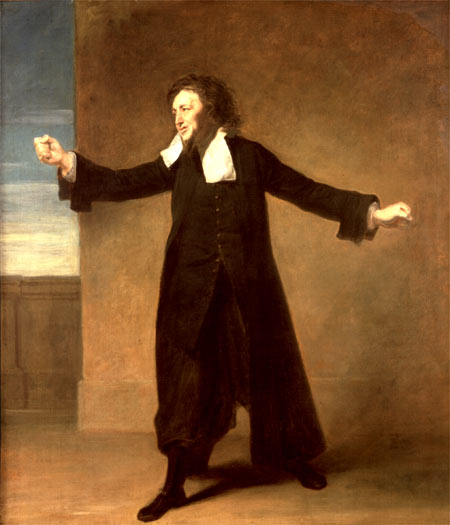Der Mom
I <3 you
sow much!
Bee cus
you'er a
Good righter
First of all, I was blown away that my lesson about silent 'g' had stuck, even if she employed the wrong 'righter.' And how she used the more difficult 'sow,' rather than 'so.' Obviously, she shares my affinity for homonyms. My kid is the next O'Conner-in-training, and don't you dare try to tell me otherwise.
Anyway, her note was sweet and adorable and I loved that she recognizes my profession. It reminded me of another time (Yes, it's going to be one of THOSE posts. Deal.) one of my spawn called me a writer. In fact, it was the first time.
When my eldest was in first grade, he had to fill out a little Getting to Know You questionnaire. Name, Age, Pets, Hobbies... and then it wanted to know what Dad and Mom do. I helped him spell his dad's profession. When it came to "My Mom is a ___" I started to spell out 'homemaker.' But my son, with his pencil poised over the paper, looked at me and asked, "How do you spell 'writer?'"
That one question, those five little words, absolutely floored me. At that point, I'd been writing for years, hoping for eventual publication. But it never crossed my mind to call myself a writer. It felt presumptuous. I wasn't published. I wasn't paid. I wasn't anyone. But to my son, I was a writer. He gave me the courage to say it out loud. To own it.
 |
| That's me... Spicy mystery AND Satan's daughter. Just ask my ex. |
Allowing others to identify us can be powerful for good or for ill. I'll never forget the time a person I once loved called me a whore. I rejected that label with my whole being, and it created an irreparable breach between us. Even though I know it was hurled at me in anger, I'll never forget it.
Something else I'll never forget: I had a friend with whom I used to sit for hours, discussing literature and art and philosophy and religion and politics and absolutely everything. He asked questions, and he listened to my answers. Over the course of months, he turned me inside out, examining everything about me. Finally, he proclaimed me to be intelligent and restless and passionate. He said I couldn't be contained by convention. He made me feel worldly and intriguing, like I might be a fascinating person to know. Whether or not that's true, I wanted it to be. He saw something inside of me I hadn't recognized in myself, and put words to it. Ever since, that feeling has stayed near my heart. Now and again, as I'm going about my mundane, domestic routines, those words float to the surface of my mind. They feel like a secret identity. I might be over my ears in laundry and social studies projects, but really, I'm the woman you wish would give you the time of day at a cocktail party.
While we must ultimately decide our own identities, there is something so powerful about having someone else recognize an aspect of ourselves and put a name to it. Whether it's a young child dropping a truth bomb, an abusive partner filling our ears with lies, or a friend boosting our confidence, the words by which others name us make an indelible mark upon our souls.




